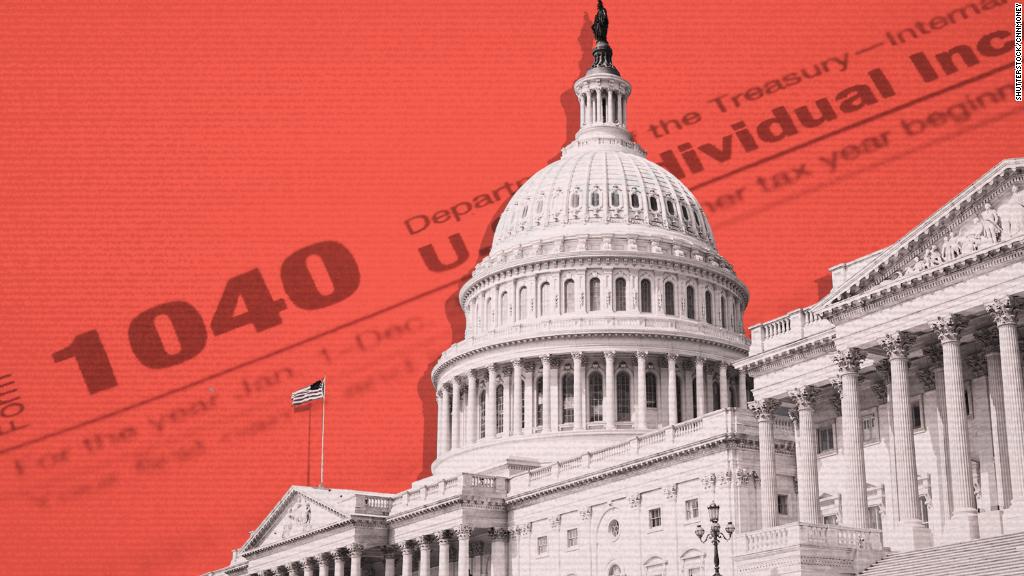
Republican leaders backed away from several controversial proposals to change education-related tax breaks.
They have agreed to save the student loan interest deduction and keep tuition waivers for graduate students tax-free. The final version of the tax bill would also expand the use of 529 savings accounts to include expenses for private K-12 education, as well ask keep tax credits for those currently paying for college.
The legislation was unveiled Friday, and lawmakers in both the House and Senate are set to vote next week.
Here is what the bill will and won't do for your education expenses.
Student loan interest deduction saved
You will still be allowed to claim a deduction of up to $2,500 for the interest you pay on your student loans each year.
About 12 million people benefited from this tax break in 2015. It can be claimed without itemizing your taxes, but it's only available to certain borrowers, depending on their income.
The benefit is gradually reduced once your modified adjusted gross income reaches $65,000 for singles, or $135,000 for couples, and completely phased out for singles who earn more than $80,000, and couples who earn $165,000.
The deduction can save taxpayers as much as $625 a year, though most see a smaller benefit.
Graduate student tuition waiver tax spared
The bill spares graduate students from having to pay income tax on tuition waivers -- something that was proposed in the House version of the bill.
The measure was protested by graduate students across the country who worried it would increase their tax bills by thousands of dollars.
An estimated 145,000 graduate students who teach or do research for their university receive tuition waivers from the school.
Related: Will Obamacare survive the tax bill?
Employer tuition reimbursement is still tax-free
Employers can give workers up to $5,250 tax-free to help pay for tuition, and the award will remain tax-free under the bill.
About half of employers offer the benefit, according to the Society for Human Resource Management.
How do you think tax reform will affect you? Share your story with CNNMoney here.
529 savings accounts expanded
The bill expands the use of 529 savings accounts so that you can use the money saved to pay for both college and K-12 education.
Currently, money invested in a 529 account grows tax-free but can only be used for college expenses.
Under the new bill, up to $10,000 can be distributed annually to pay for the cost of sending a child to a "public, private or religious elementary or secondary school." The money could also be used for some expenses connected with a homeschool, the bill says.
The changes would apply to distributions made after December 31, 2017.
Death and disability loan forgiveness tax repealed
The bill excludes student debt forgiveness from taxable income for the borrower if they become permanently disabled. It also excludes forgiveness in the event of death if there is a co-signer on the loan.
It will apply to federal and state student loans discharged after December 31, 2017 -- but will not apply to any after December 21, 2025.
American Opportunity and Lifetime Learning credits remain untouched
Despite proposed changes to these credits in an earlier House bill, both the American Opportunity Credit and the Lifetime Learning Credit will remain the same.
The AOC is worth up to $2,500 per student for each of the first four years of college. An earlier House bill would have expanded the benefit to a fifth year, but that provision was omitted in the final version.
The credit is gradually reduced once your modified adjusted gross income reaches $80,000 for singles, or $160,000 for couples, and completely phased out for singles who earn more than $90,000, and couples who earn $180,000.
The earlier House version would have scrapped the LLC, but it will live on under the final bill. It's a smaller benefit, worth up to $2,000, and is available to people under a lower income cap. But it can be claimed for each year you're enrolled in college.
